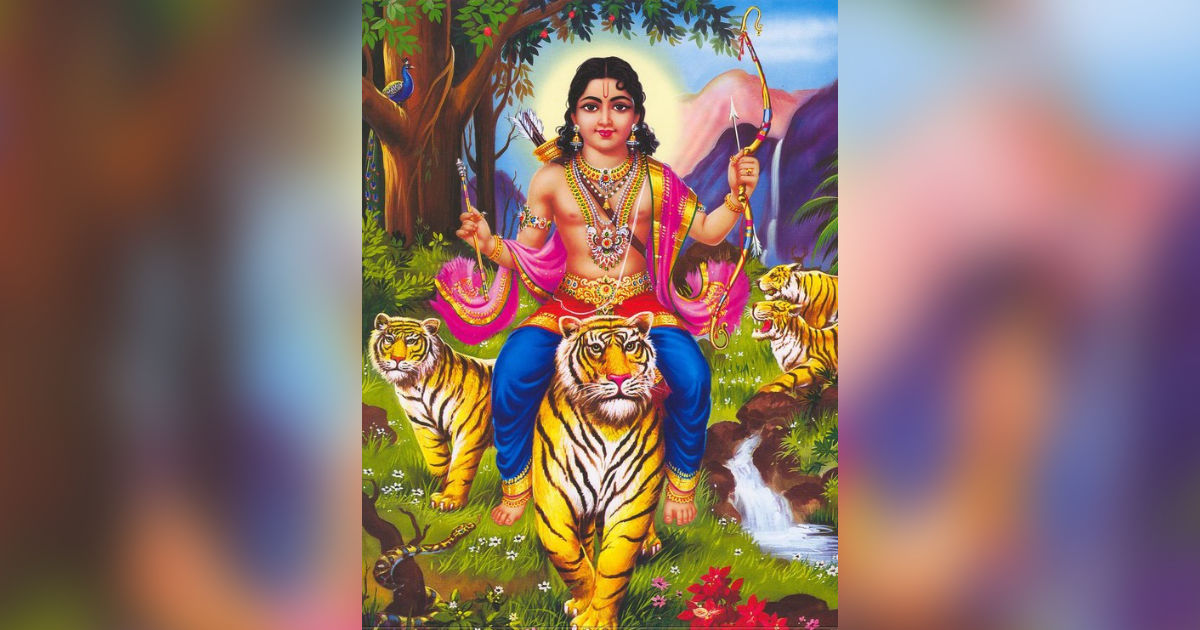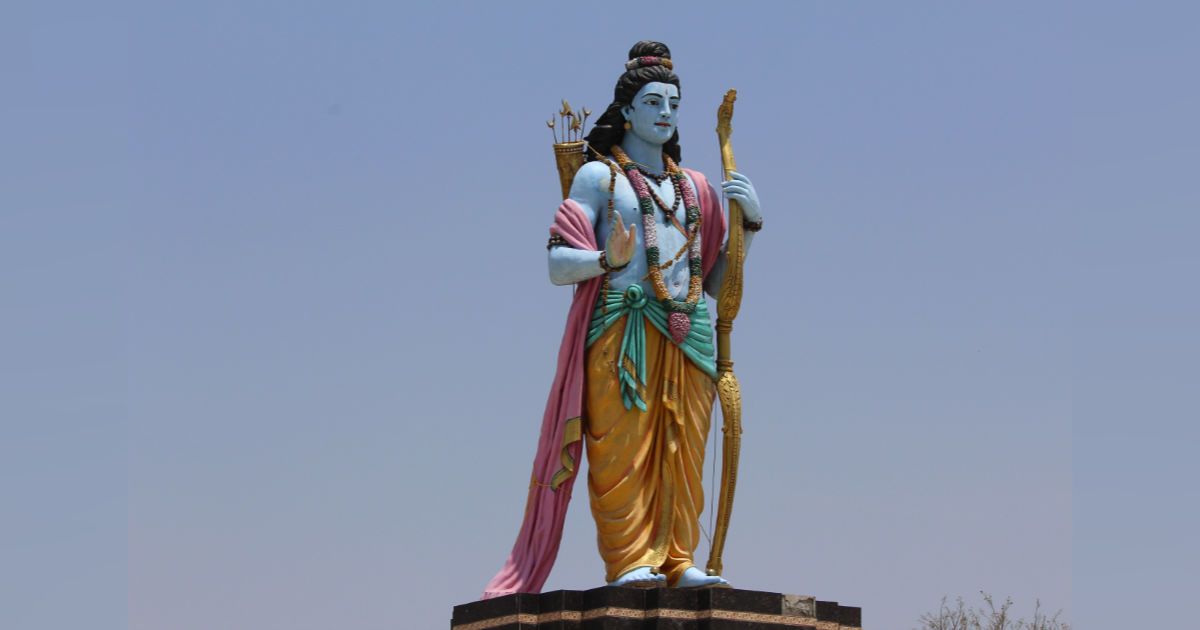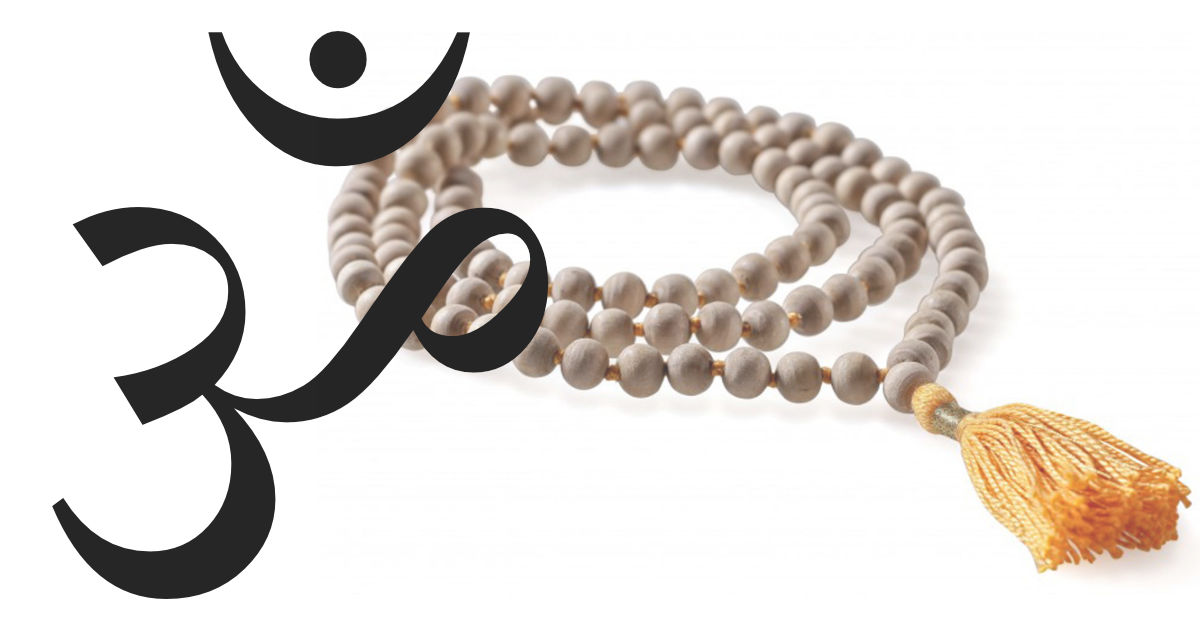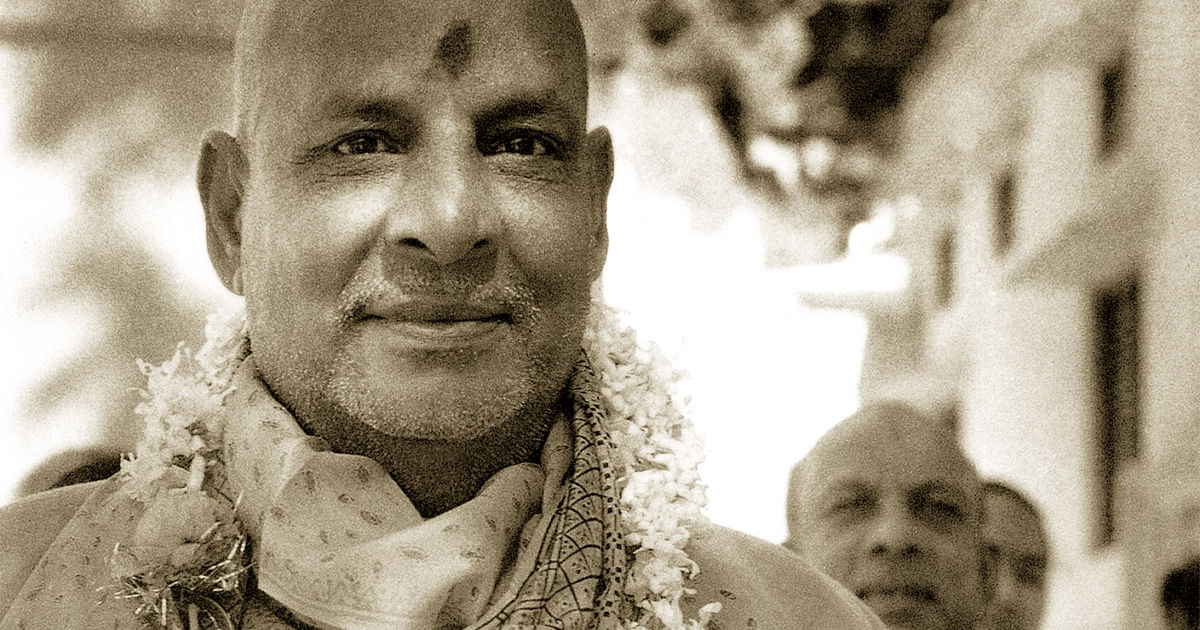What is the difference between Puja and Yagna? The word puja means prayer and it is 2500 years old. It was found in Griha Sutra, which talks about rituals. It describes the ceremonies (samskaras) that mark each stage of an individual’s life, from the moment of conception to the final death rites; the five daily sacrifices (mahayajna); seasonal ceremonies; and those observed on special occasions, such as house building or cattle breeding. The Griha sutra mentions the word pujaniya, worthy of reverence. It is assumed that the word puja comes from it or from south India. In Tamil, pujai means flowers or offering of flowers. Continue reading








